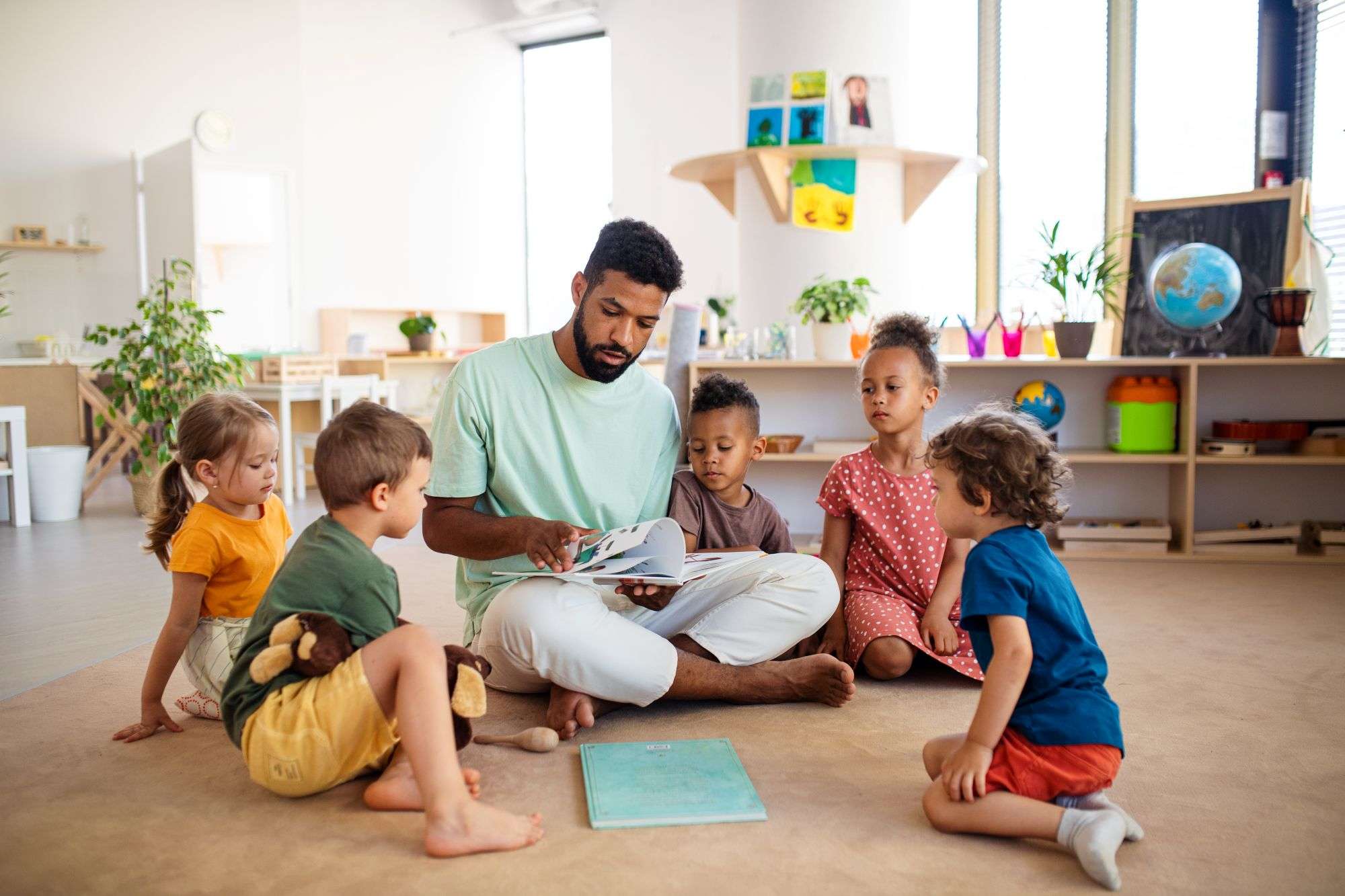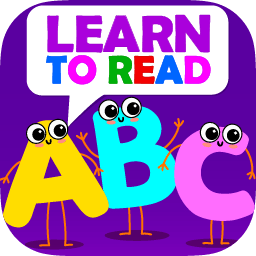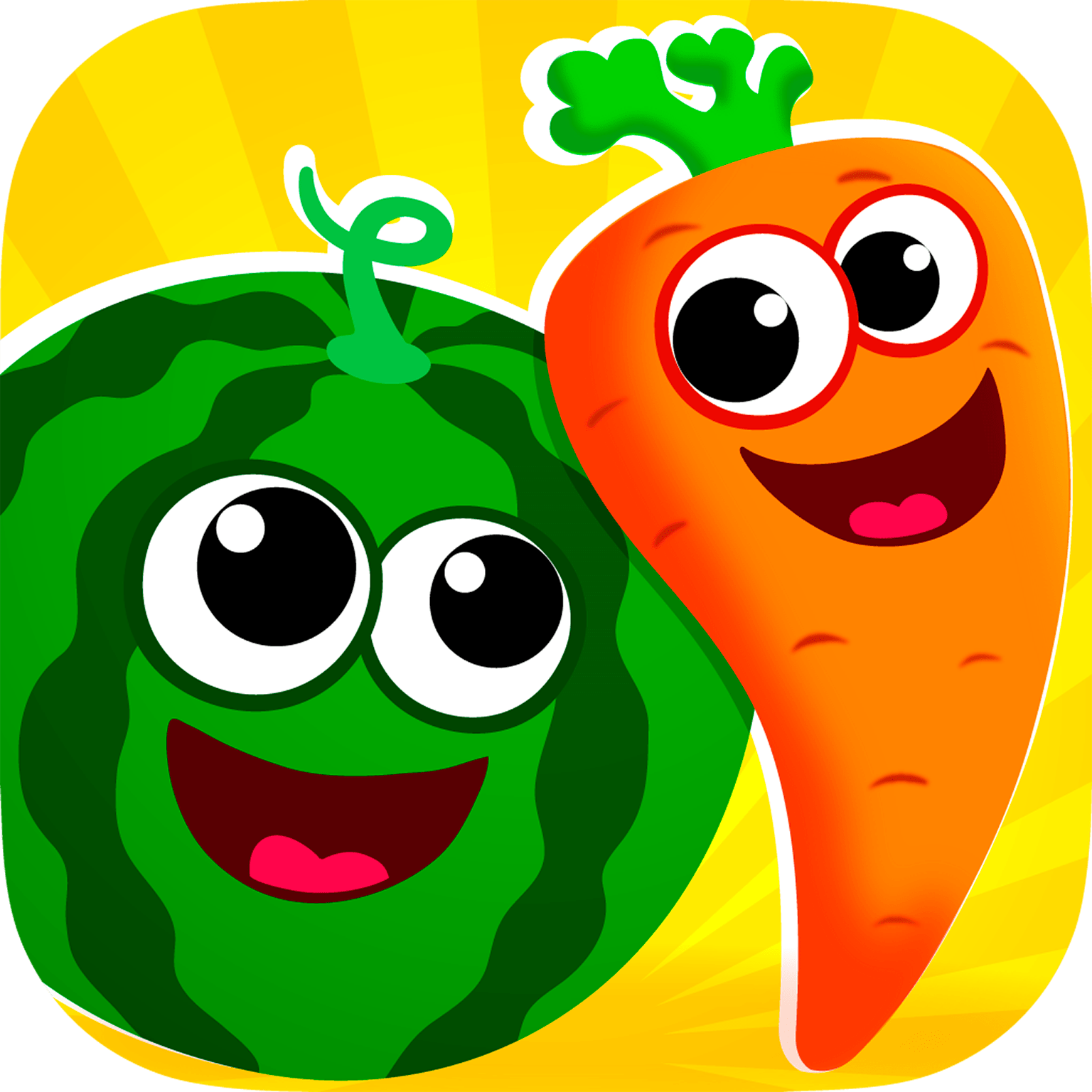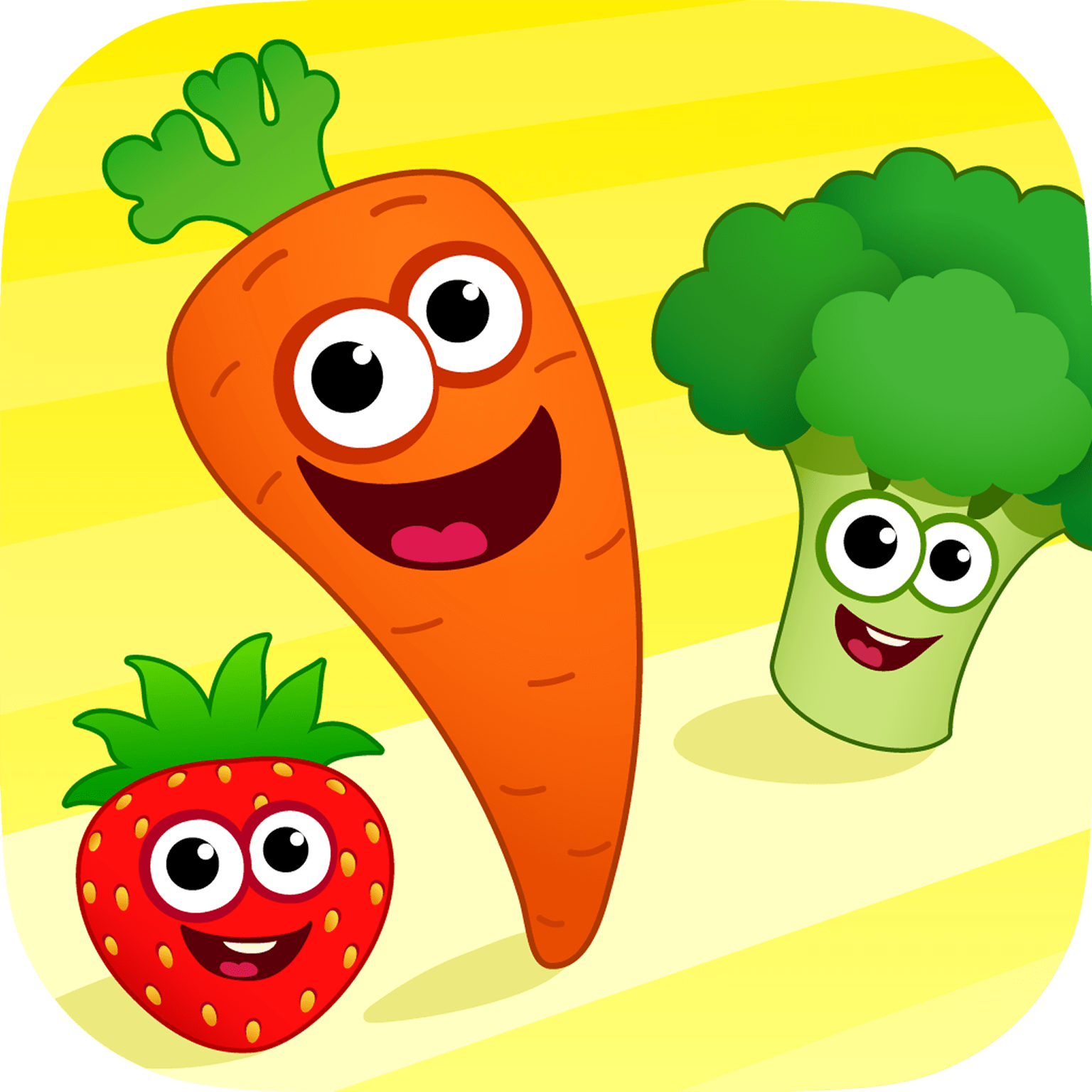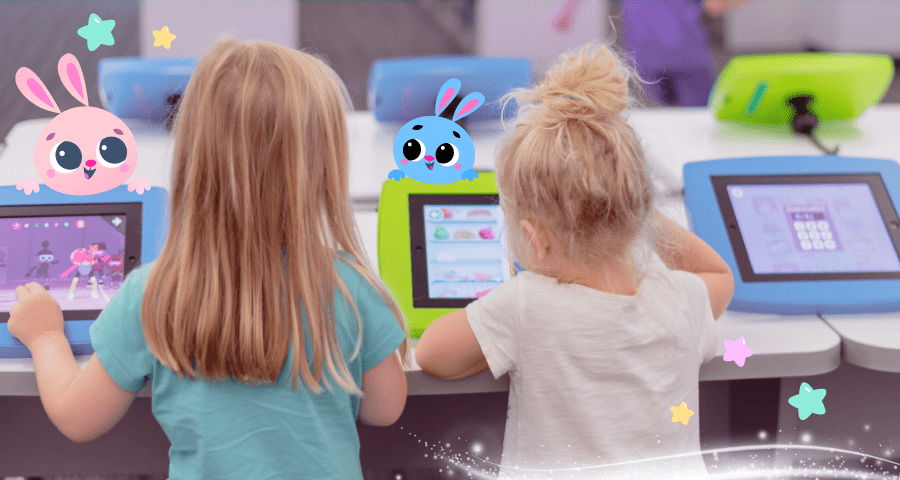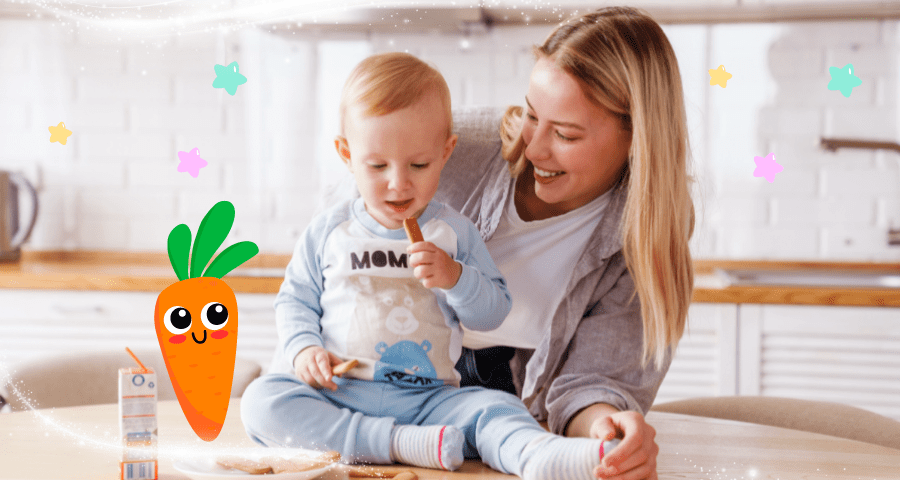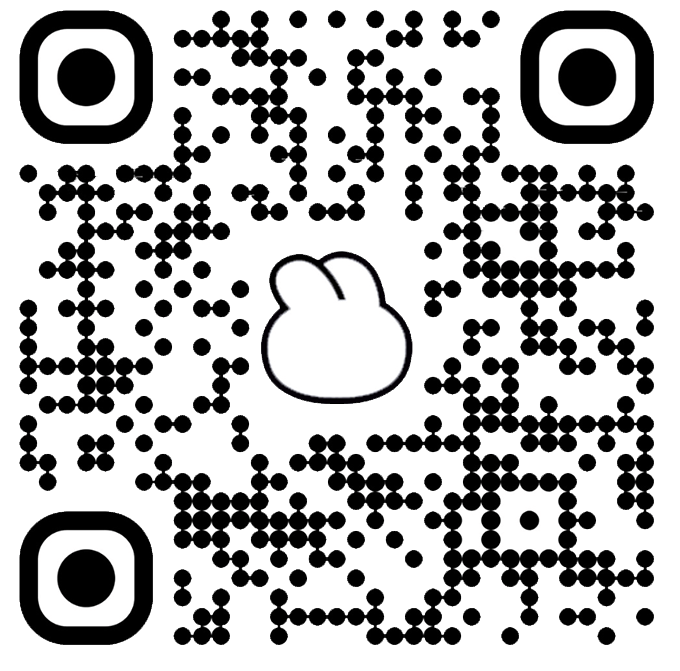Is my child ready for kindergarten? Am I doing enough to help them? If these questions sound familiar, you’re not alone! Preparing for this big milestone can feel overwhelming, but the good news is that learning happens in small, everyday moments. This guide will walk you through a simple and practical kindergarten readiness checklist—so you can support your kid with confidence and celebrate their progress every step of the way.
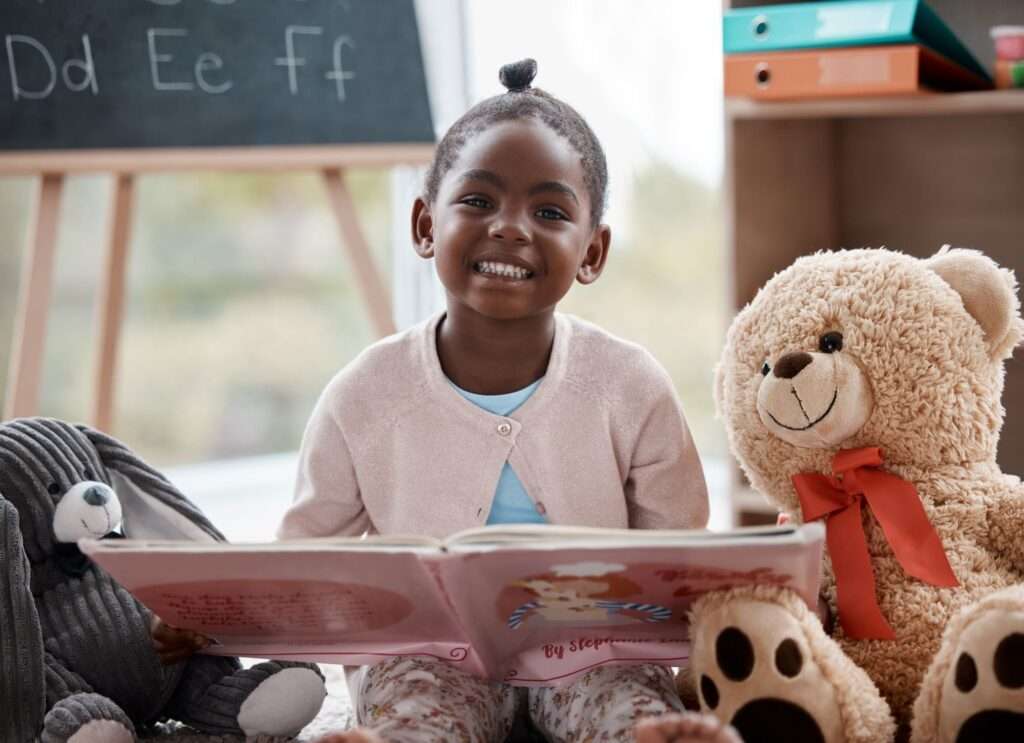
Kindergarten Readiness Checklist for Parents: Challenges
Raising a preschooler is an adventure—full of fun moments and little challenges. As kindergarten gets closer, you might wonder if your child is ready. Don’t worry, you’re not alone! Here are common struggles parents face and real stories of how they helped their kids through them.
- Struggling to Express Themselves. Some children use fewer words or shorter sentences than expected.
Emma’s story: “I kept asking myself—am I not doing enough?” Emma worried as her 4-year-old son spoke mostly in short phrases. She started reading books aloud every night, singing nursery rhymes, and having simple conversations. Over time, his vocabulary grew, and so did his confidence. - Learning Self-Care Skills. Getting dressed, washing hands, or using the restroom independently can be tricky.
Mark & Olivia’s story: “We dressed him, brushed his teeth, and zipped his coat—until we realized we weren’t teaching him to do it himself,” Olivia says. They started giving their son small tasks to do on his own, offering gentle guidance instead of taking over. Before long, he beamed with pride as he buttoned his own shirt! - Recognizing Letters & Numbers. Some preschoolers struggle with early learning, making it frustrating.
John & Lisa’s story: Their daughter loved storytelling but lost interest when they tried teaching her letters. “She’d rather make up fairy tales than look at flashcards,” John says. Instead of pushing lessons, they made learning playful—pointing out letters on street signs and counting at the grocery store. Soon, their daughter started engaging on her own. - Developing Fine Motor Skills. Holding a pencil, cutting with scissors, or doing small tasks can be challenging.
Sarah’s story: Her son avoided coloring and struggled to hold a pencil. “I worried—would he fall behind before school even started?” she shares. Instead of forcing him to write, she introduced fun activities like playing with playdough, threading beads, and picking up small objects with tweezers. Over time, his hand strength improved!
- Struggling to Express Themselves. Some children use fewer words or shorter sentences than expected.
Feeling Shy in Groups. Some children hesitate in social settings, making it hard to make friends.
David & Maria’s story: Their son clung to them at birthday parties, avoiding other kids. “It was heartbreaking to see him sit alone,” Maria says. They started with one-on-one playdates and played turn-taking games at home. Slowly, their son grew more comfortable and started reaching out to new friends.
Preparing Your Child for Kindergarten Checklist
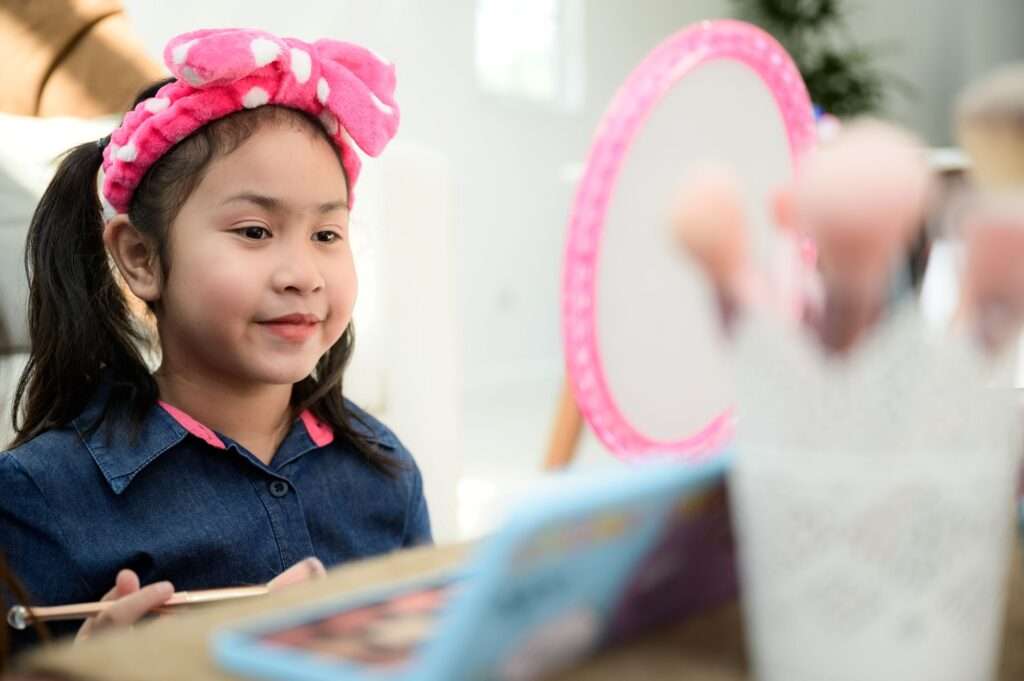
- Language Kindergarten Skills Checklist
- Can speak in complete sentences and express needs clearly.
- Understands and follows simple instructions.
- Engages in conversations and asks questions.
- Expands vocabulary and correctly uses common words.
- ABC Kindergarten Checklist for Parents
- Recognizes and names most uppercase and lowercase letters.
- Understands that letters represent sounds.
- Can write their own name.
- Enjoys listening to and retelling simple stories.
- Math Kindergarten Goals Checklist
- Can count up to 20 and recognize numbers up to 10.
- Understands basic shapes (circle, square, triangle, etc.).
- Can compare quantities using terms like more/less.
- Begins to understand simple patterns and sequencing.
- Physical Development
- Can run, jump, and climb confidently.
- Uses scissors, holds crayons, and builds with small blocks.
- Practices hand-eye coordination activities like tracing or lacing.
- Self-Care Skills
- Can dress and undress with little assistance.
- Uses the restroom independently.
- Washes hands and brushes teeth with guidance.
- Can pack and open their lunch/snacks.
- Social Skills
- Takes turns and shares with others.
- Follows simple classroom rules.
- Can separate from parents without distress.
- Listens and respects others’ personal space.
- Emotional Skills
- Identifies and expresses emotions appropriately.
- Uses basic problem-solving strategies.
- Can self-soothe and manage frustration.
- Shows empathy towards others.
Fun Games to Build Preschool Skills
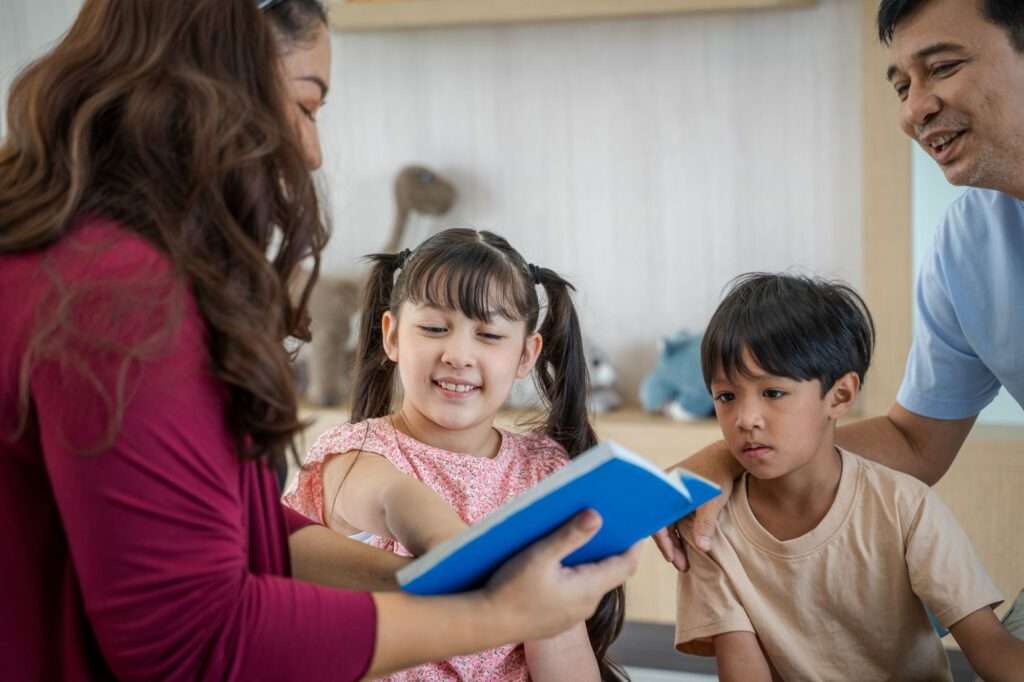
With simple, fun activities, kids can strengthen early literacy, math, fine motor, emotional, and self-care skills—without even realizing they’re learning.
- Alphabet Adventure – A Treasure Hunt for Letters!
Turn letter learning into an exciting treasure hunt. Write letters on flashcards and hide them around the house—inside toy bins, under pillows, even in their shoes! Hand your kid a basket and say, “Let’s find the missing letters!” Give hints like, “It’s hiding where you keep your favorite teddy bear!” Make it extra fun: have them match each letter to an object that starts with the same sound—like “B” for “ball!” - Counting Safari Activity – A Wild Math Adventure!
Turn everyday counting into a game. Ask your child to count things around them—red cars on a walk, apples in the fruit bowl, or blocks they can stack. Add a little challenge: “What if we take one apple away?” or “Can we group them in twos?” Kids see how numbers are part of real life, making math feel exciting. - Scissors & Stickers – Tiny Hands, Big Skills!
Fine motor skills help with writing, and cutting or peeling stickers is a great way to build them. Give your kid child-safe scissors and fun worksheets with straight, curved, and zigzag lines to cut. Stickers also work wonders—try a sticker tree where they place “apples” (stickers) on the branches! Celebrate small wins—like cutting on the line—to keep your little one motivated. - Emotion Charades – Play & Express Feelings!
Help your child recognize emotions through a fun acting game. Write emotions (happy, sad, excited, surprised) on paper, then take turns acting them out. Ask, “What makes you feel happy?” or “When have you felt surprised?” This game helps kids express emotions and develop empathy. - Interactive Apps – Learning Through Play!
Make screen time count with Bini Games’ interactive apps. Beloved characters like Panda and Dinosaur help kids learn daily routines—handwashing, toothbrushing, and more! Instead of bedtime struggles, show them how their favorite character enjoys brushing their teeth.
- Alphabet Adventure – A Treasure Hunt for Letters!
Getting your child ready for kindergarten doesn’t have to be overwhelming! By focusing on these essential skills, you’re giving them a great start. Every child learns at their own pace and is able to begin their journey when they are ready, so keep it fun, spark their curiosity, and celebrate every little win. It’s important to remember that children develop in different ways and at different ages, but your encouragement makes all the difference—helping your preschooler feel confident, excited, and ready to take on their kindergarten adventure!

